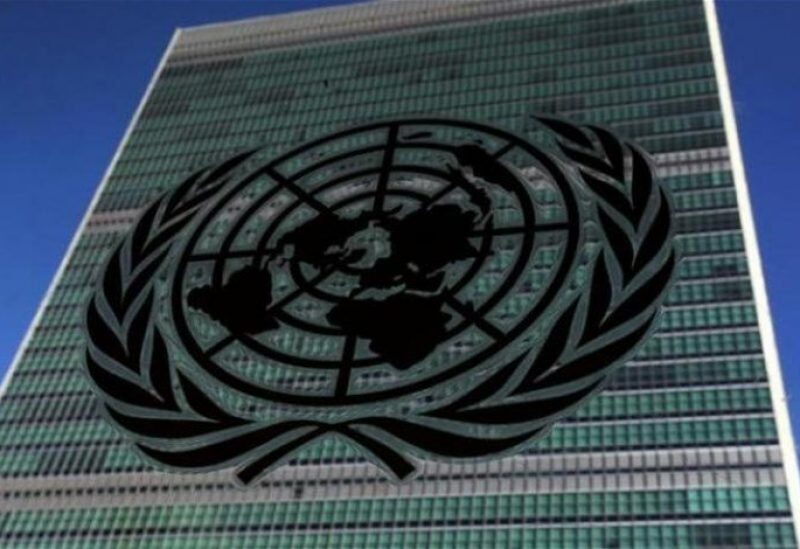
IMF
The rapporteur of the Finance and Budget Committee MP Nicolas Nahas stressed that “the existence of the budget is to reinject life into the various state institutions.” “Today, we will not be granted the promised money from the IMF, unless there is a timetable for implementing reforms,” he said.
“Without pensions, the state’s operational worth reaches 30, 35, and 40%. This operational cost today in actual dollar terms exceeds the budget of 19-20 by four times, and as you can notice, the circuits are closed, causing everything to be interrupted; hence, this budget must be created in order to breathe new life into the various state institutions, for without it, neither the state nor the people would be able to function. In terms of the exchange rate, what matters is a balanced equilibrium that ensures the bare minimum, given that the citizen has the ability to tolerate it,” MP Nahas said in an interview on Radio Free Lebanon.
“We must not overlook anything. We used to be able to finance the budget deficit by borrowing from the Banque du Liban and issuing debt bonds, or by borrowing from abroad and issuing a Eurobond, but these options are no longer available or feasible. As a result, the budget must be balanced because the Fund Criticism will not accept a large deficit,” he added.
When asked about reducing expenditures in exchange for increasing revenues, he said: “There are many fees that have been corrected, and what is happening is the possible limit for a balance without a deficit. The situation today is more difficult because revenues only increase through fees, spending control, tax evasion and adjusting the customs dollar.”
Regarding the customs dollar in light of smuggling and the black economy, he said: “This is a basic and very important dilemma that is taken into consideration about ways to secure greater border control, as it is not possible to keep the customs dollar at 1500 pounds, even the most affected by the situation does not accept this price. When the state is unable to provide its services, whoever pays the price is the poorest, because the international deficit benefits those who are most in need of the state, so the state is obliged to adjust fees, as there is no room for suicide. If the state improves its revenues by returning the logic to the existing prices, this helps, as it is not permissible to deprive people of their natural right to electricity and water.”